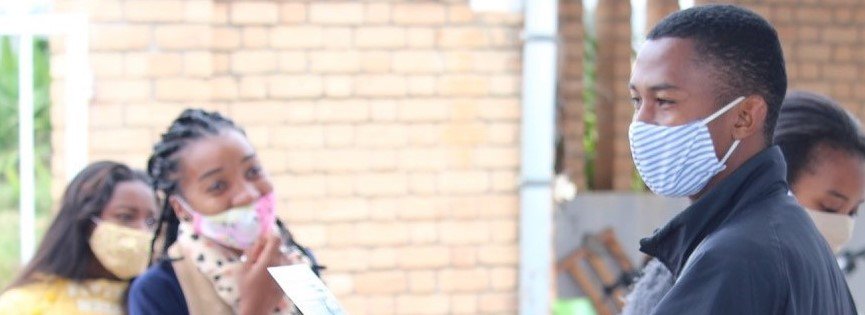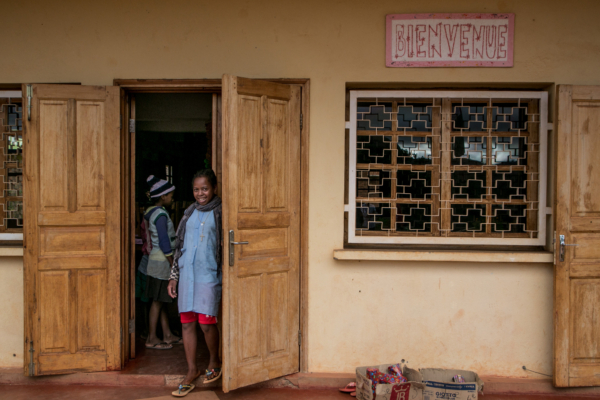In Madagascar, much-awaited reunions between students and teachers!
MADAGASCAR – June 2020. It was a moment that was much awaited, one that the IECD’s teams have been working for two weeks in Madagascar: the junior school students are back and preparing to sit their BEPC mid-school exam and students at the Saint François-Xavier hospitality school are back in the kitchens. Vulnerable young people and isolated teenager: at last, those who count on the IECD are seeing their teachers and boarding facility supervisors again after two months of remote interactions. On the Great Island, the resumption of activity is now about 80% complete. In 2020, the IECD is celebrating 30 years of action there in support of youth and employment. Each year, its intervention help more than 1,300 children, teenagers, and young adults to go to school and integrate the world of work.
In Fianarantsoa, in southern Madagascar, the CERES (educational and remedial center) has been able to resume its activities for more than 760 junior school students from the bush. CERES aims to be a model in the field of education for vulnerable young people in rural environments through full and personalized support. Thus, in 2019, the success rate in the BEPC mid-school exam there was 80% (compared to a national average of 32%).
The first to open on 4 May, the Collège Fitaratra has increased its health measures (disinfection of premises and training of educators by competent bodies) thus allowing 33 students in their final year at junior school to return to the classroom and focus on their BEPC mid-school exam.
A student at the CERES educational center.
Since 2012, La Rizière hospitality school has trained young people who find themselves in a difficult socio-economic situation to help them acquire professional skills in line with the needs of the hotel sector. In 2019, 113 students benefited from training and were supported in their search for work: 83% of the young graduates found work after their training. Today, the school has been able to start its training again with the appropriate health measures. The IECD’s teams, which had already demonstrated their resilience during the plague epidemic on the island last year, reacted quickly and found the appropriate solutions: for example, they asked WHO to raise awareness among students and trainers concerning basic health measures. Based on the model of a social enterprise, the school has also had to find new solutions in order to adapt its sales activity and continue practical training whilst also limiting health risks. Thus, the trainers are working on the setting up of takeaway sales service.
The motivation and determination of the young people and those who train and support them are behind the success of the IECD’s actions: by working hand-in-hand, trainers and young people have ensured an effective return to their activities as soon as the restrictions on access to schools were lifted.


